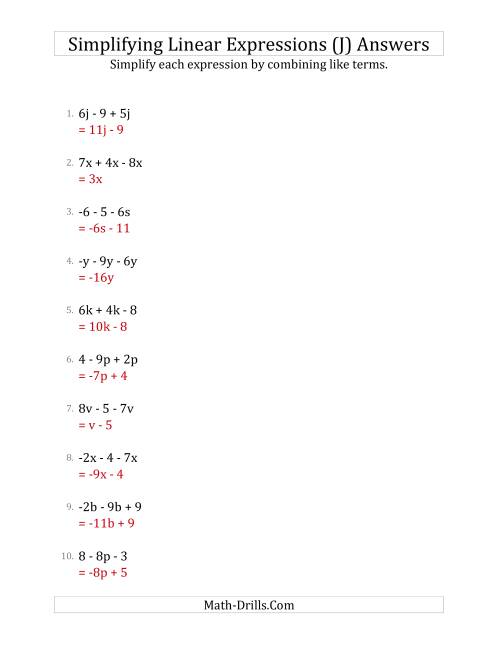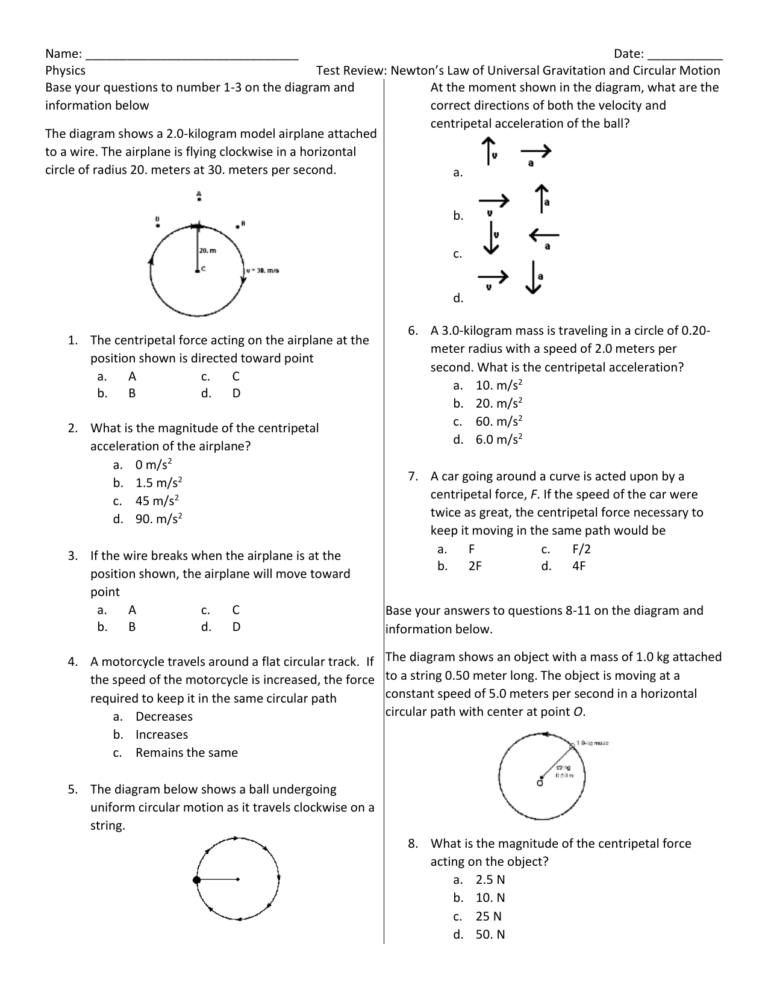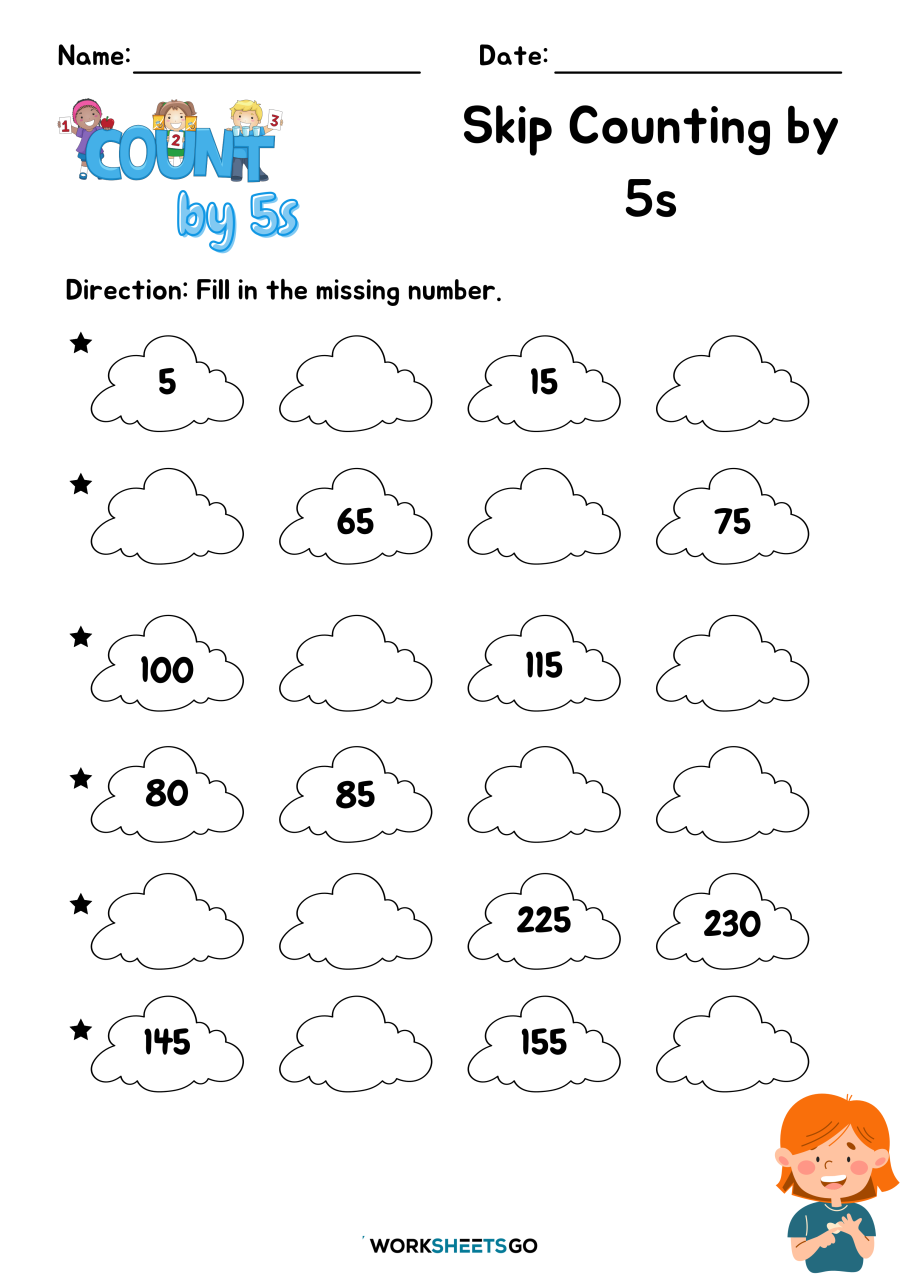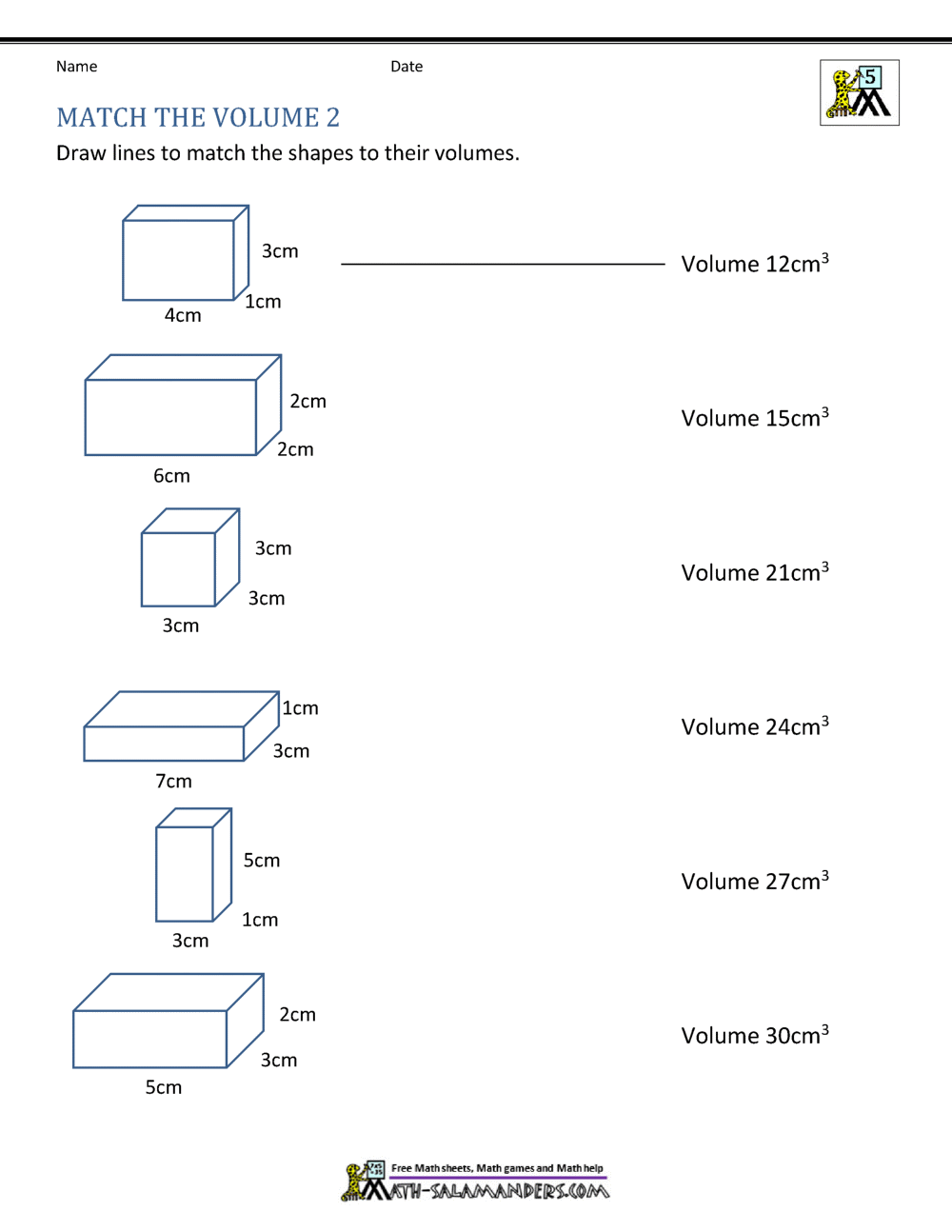Simplify Linear Expressions Made Easy

Simplifying Linear Expressions: A Step-by-Step Guide
Simplifying linear expressions is a fundamental concept in algebra that can be a bit challenging for some students. However, with a clear understanding of the rules and steps involved, it can become a straightforward process. In this article, we will explore the world of linear expressions and provide a step-by-step guide on how to simplify them.
What is a Linear Expression?
A linear expression is a mathematical expression that consists of variables and constants combined using only addition, subtraction, and multiplication. It does not contain any exponents or roots. For example, 2x + 3, x - 4, and 5x - 2y are all linear expressions.
Rules for Simplifying Linear Expressions
To simplify a linear expression, you need to follow these basic rules:
- Combine like terms: Combine any terms that have the same variable and coefficient. For example, 2x + 3x can be combined to form 5x.
- Distribute coefficients: Distribute coefficients to the terms inside parentheses. For example, 2(x + 3) can be distributed to form 2x + 6.
- Remove parentheses: Remove any parentheses by distributing the coefficients and combining like terms.
Step-by-Step Guide to Simplifying Linear Expressions
Here is a step-by-step guide to simplifying linear expressions:
- Combine like terms: Identify any terms that have the same variable and coefficient, and combine them.
- Distribute coefficients: Distribute any coefficients to the terms inside parentheses.
- Remove parentheses: Remove any parentheses by distributing the coefficients and combining like terms.
- Simplify: Simplify the expression by combining any remaining like terms.
📝 Note: When simplifying linear expressions, it is essential to follow the order of operations (PEMDAS) to ensure accuracy.
Examples of Simplifying Linear Expressions
Let’s consider some examples of simplifying linear expressions:
- Example 1: Simplify the expression 2x + 3x - 4.
- Combine like terms: 2x + 3x = 5x
- Simplify: 5x - 4
- Example 2: Simplify the expression 2(x + 3) - 4.
- Distribute coefficients: 2(x + 3) = 2x + 6
- Simplify: 2x + 6 - 4 = 2x + 2
- Example 3: Simplify the expression x - 2(x - 3).
- Distribute coefficients: -2(x - 3) = -2x + 6
- Simplify: x - 2x + 6 = -x + 6
Common Mistakes to Avoid
When simplifying linear expressions, there are some common mistakes to avoid:
- Forgetting to combine like terms: Make sure to combine any terms that have the same variable and coefficient.
- Distributing coefficients incorrectly: Ensure that you distribute coefficients correctly to the terms inside parentheses.
- Not removing parentheses: Don’t forget to remove any parentheses by distributing the coefficients and combining like terms.
📝 Note: Practicing simplifying linear expressions regularly can help you become more comfortable and confident with the process.
Conclusion
Simplifying linear expressions is a fundamental concept in algebra that requires a clear understanding of the rules and steps involved. By following the step-by-step guide and avoiding common mistakes, you can become proficient in simplifying linear expressions. Remember to practice regularly to build your confidence and skills.
What is the difference between a linear expression and a quadratic expression?
+A linear expression is a mathematical expression that consists of variables and constants combined using only addition, subtraction, and multiplication, whereas a quadratic expression is a mathematical expression that contains a squared variable.
Can I simplify a linear expression with fractions?
+Yes, you can simplify a linear expression with fractions by finding the least common multiple (LCM) of the denominators and combining like terms.
How do I simplify a linear expression with multiple variables?
+To simplify a linear expression with multiple variables, combine like terms for each variable separately and then simplify the resulting expression.



